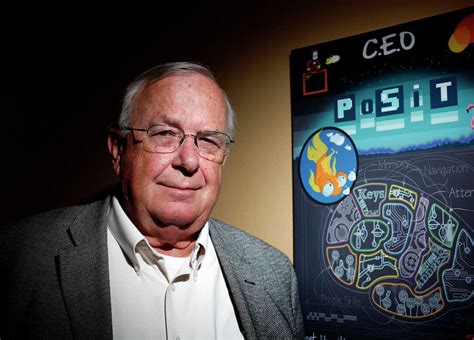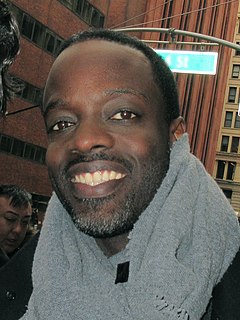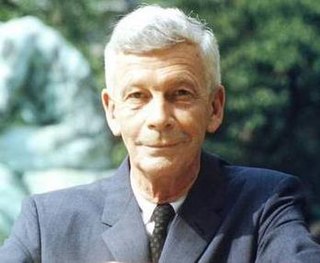A Quote by Genevieve Bujold
I don't worry whether the period is contemporary or three hundred years ago. Human beings are all alike.
Related Quotes
I don't like to intellectualize about my acting. I don't sit around and study the pages of a script over and over again. I don't worry whether the period is contemporary or three hundred years ago. Human beings are all alike. The main thing in acting is honesty, to feel the humanity and get to the essence of the character. You can't put anything into a character that you haven't got within you.
In the space of one hundred and seventy-six years the Mississippi has shortened itself two hundred and forty-two miles. Therefore, in the Old Silurian Period the Mississippi River was upward of one million three hundred thousand miles long, seven hundred and forty-two years from now the Mississippi will be only a mile and three-quarters long. There is something fascinating about science. One gets such wholesome returns of conjecture out of such a trifling investment of fact.
The Internet is just one of those things that contemporary humans can spend millions of "practice" events at, that the average human a thousand years ago had absolutely no exposure to. Our brains are massively remodeled by this exposure--but so, too, by reading, by television, by video games, by modern electronics, by contemporary music, by contemporary "tools," etc.
If you get too deep into the history, what often happens to a lot of us actors is that we become stilted. We forget that we're reading about something that happened a hundred years ago. If we don't put the human emotion that would naturally be in there, we end up being stilted instead of being human beings.
Without any extraordinary effort of genius, I have discovered that nature was the same three thousand years ago as at present; that men were but men then as well as now; that modes and customs vary often, but that human nature is always the same. And I can no more suppose, that men were better, braver, or wiser, fifteen hundred or three thousand years ago, than I can suppose that the animals or vegetables were better than they are now.



































